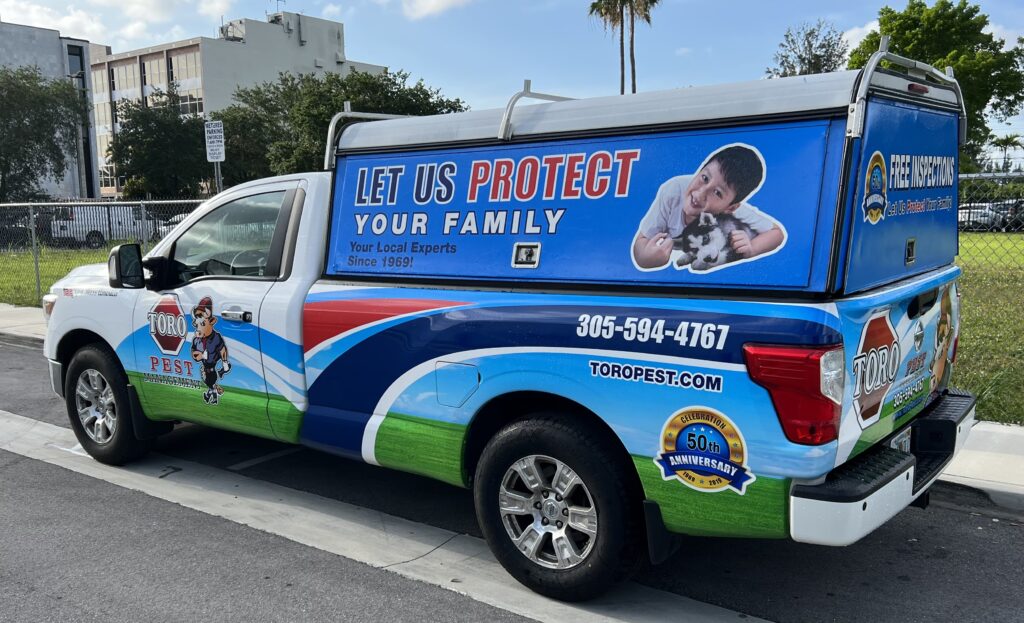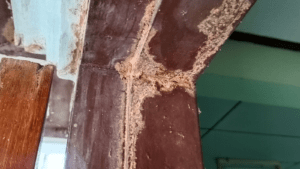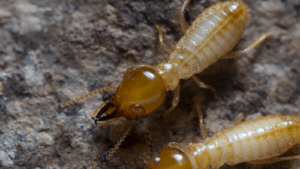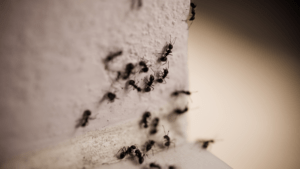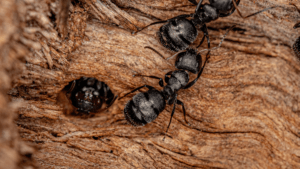Mosquitoes are cold blooded creatures and do not generally feed in temperatures below 50°F. In some places, some adult mosquitoes become inactive with the onset of cold weather and enter into hibernation before the first frost.
Other mosquitoes die in the fall, but have winter-hardy eggs which hibernate as embryos. As a result of being cold blooded, mosquitoes generally prefer temperature over 80°, but at any temperature lesser than 50°, the shut down for the winter. The adult females of some species find holes where they wait for warmer weathers while others lay eggs in freezing water and eventually die.
Winter is a very tough time for mosquitoes. Icy temperature could freeze their blood, they can be desiccated by the accompanying dry wind that is a huge part of winter, and they can get buried in a mountain of snow. But mosquitoes, like bears, have figured out a way to make it through the harsh weather conditions of the winter months.
They hibernate. Well, not exactly, as much as going into a three to five month long sleep. They go into a state called Diapause. While it is correct that male mosquitoes cannot survive the harsh weather and perish during winter, the females are by far more adept masters of hibernation. They can endure winter in various life cycle stages.
A mosquito’s life cycle has four stages; egg, larva, pupa and adult. Mosquitoes need water to breed since their larval and pupal stages are in water. Which is why it is important to avoid stagnant water from collecting around your home.
Mosquitoes do not bites, they fed. Female mosquitoes require protein to produce their eggs and most often obtain the necessary protein from the blood of humans and other animals. Male mosquitoes do not lay eggs, so they do not require protein.
Only the females require a source of protein to produce their eggs. Thus, humans are mostly bitten by female mosquitoes. There are more than 3,500 species of mosquitoes and the most common are the Anopheles quadrimaculatus, Culex pipiens, Aedes aegypti, Aedes albopictus and Aedes communis. The Anopheles is the carrier of the malaria pathogen, while the others are known to spread various forms of encephalitis.
During the winter, mosquitoes around human habitation hide in cellars of both barb and houses where the underground temperature stays warmer than the outside area. They can also hide among boxes and other stored junk.
That are also known to wait out the winters in buildings that are yet to be finished. They also are known to find hiding places along frozen stream banks an among tree roots.
Since they do not eat during the winter, they add weight in the fall by switching from blood to food with more sugar, such as rotting fruit or nectar and can double their weights.
Some mosquitoes can stand the cold better than others and do not need to hibernate in areas where winters are mild, or will come out of hibernation when the weather warms even a little in winter. These are nicknamed “snow mosquitoes”, even though they belong to several different species, but the most common of these is the Aedes communis.
During hibernation, mosquitoes usually end up as food for birds, dragonflies, geckos or spiders. Others succumb to the effect of the wind, rain and drought of the winter months. Those that don’t may persist for as long as 2-3months, and adults that hibernate can live as long as 6-8months.

